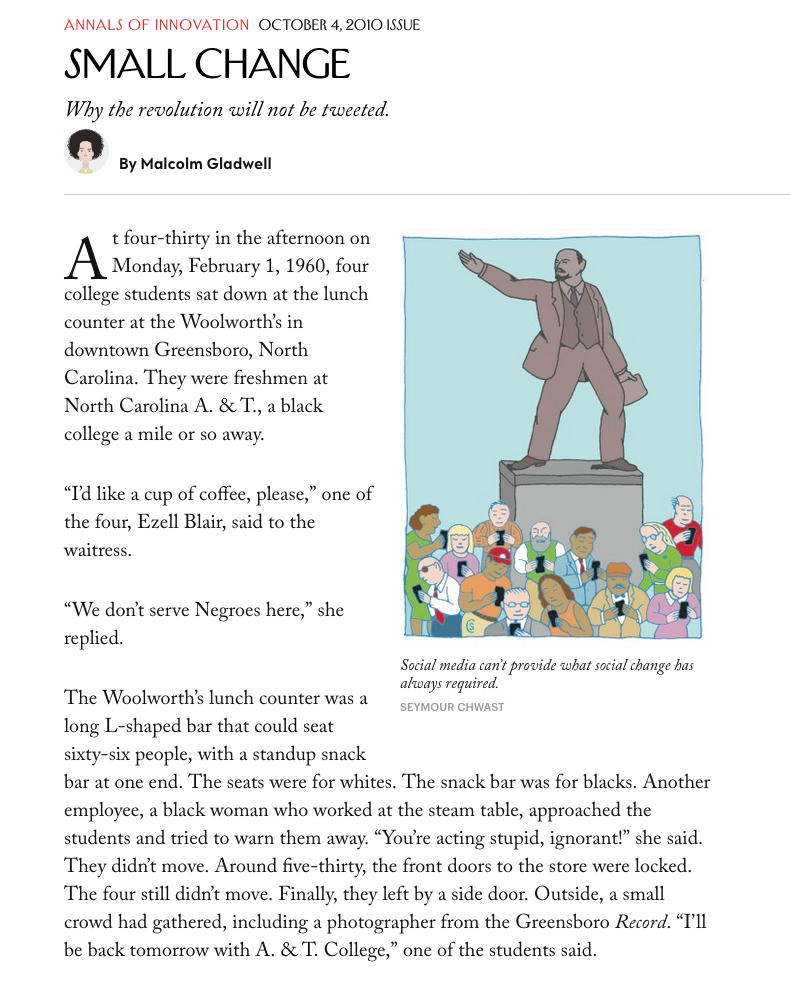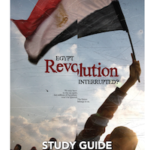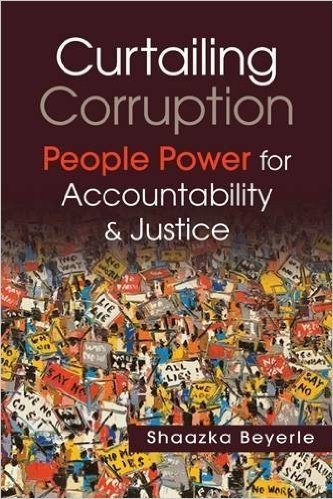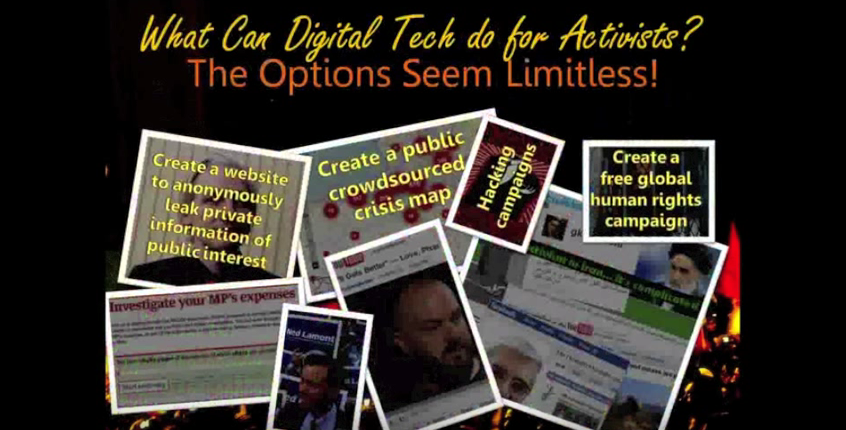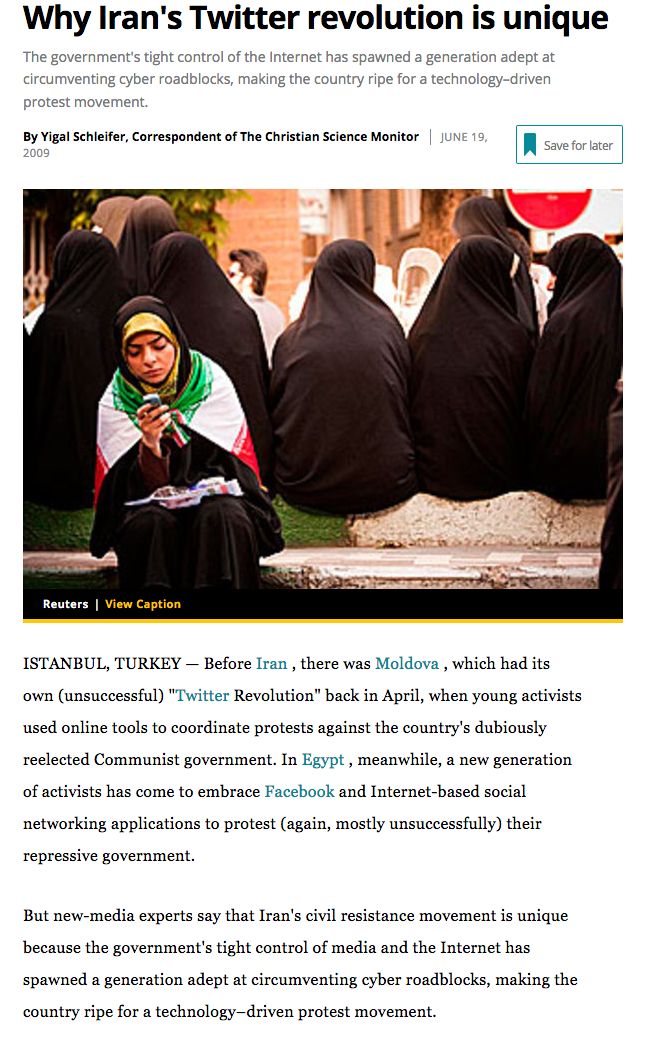
Why Iran’s Twitter Revolution is Unique
From the article: The government of Iran’s tight control of the Internet has spawned a generation adept at circumventing cyber roadblocks, making the country ripe for a technology–driven protest movement.
Christian Science Monitor, June 19, 2009
